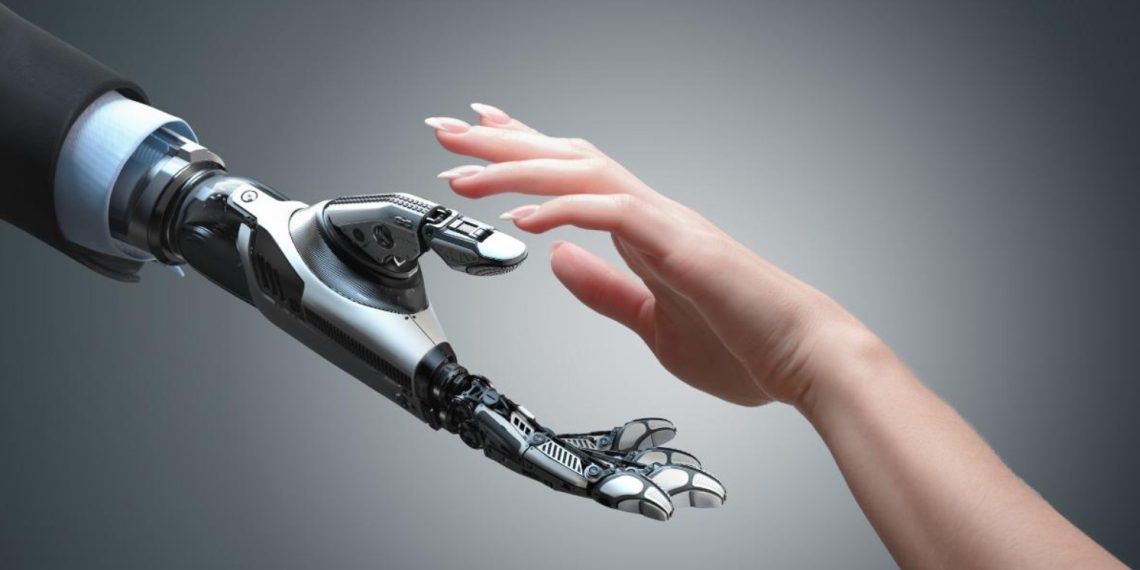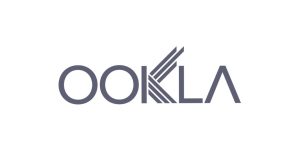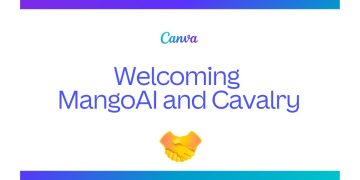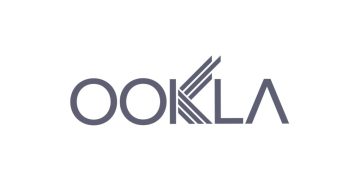Artificial intelligence (AI) has been a subject of intense debate and speculation over the past few years. According to Ben Goertzel, a leading AI expert and founder of SingularityNET, AI could replace up to 80% of human jobs in the near future. While this prediction may seem alarming, Goertzel believes that it could be a good thing.
What is Artificial General Intelligence?
Goertzel’s research group, SingularityNET, is focused on creating “Artificial General Intelligence,” or AGI, which refers to AI with human-like cognitive abilities. In a recent interview at the Web Summit in Rio de Janeiro, Goertzel stated that AGI is only a few years away. However, he also acknowledged that AI still lacks the capacity to perform complex multi-stage reasoning and invent new things outside the scope of their training data.
Debating the Risks of AI
There has been much debate about the risks of AI, with some advocating for a six-month research pause to evaluate its impact. Goertzel is opposed to such a pause, arguing that AI is not yet capable of becoming a human-level general intelligence. However, he acknowledged that AI can spread misinformation and that we should work to govern its use rather than ban it.
The Threat to Jobs
One of the most significant concerns regarding AI is its potential to replace human jobs. According to Goertzel, systems of AI similar to ChatGPT, which can understand and generate natural language, could make up to 80% of human jobs obsolete. However, Goertzel also believes that this could be a good thing, freeing people to pursue more fulfilling careers. The challenge lies in the transitional period, as AI rapidly replaces human jobs and creates social issues that need to be addressed.
The Positive Impact of AI
Despite the risks and challenges, Goertzel believes that AI can do a lot of good in society. For example, robots like Grace, a nurse showcased at Web Summit Rio, can provide emotional and social support to elderly people in nursing homes. Goertzel also envisions AGI as being able to assist with education and domestic work, creating new opportunities for human employment.
Regulating AI
According to Goertzel, the key to reaping the benefits of AI is to develop AI for good and create participatory governance structures that involve the population. Unfortunately, most companies funding AI research are focused on maximizing shareholder value rather than creating positive social impact.
Conclusion
As AI continues to advance, it will undoubtedly have a significant impact on the job market and society as a whole. While there are risks and challenges associated with this disruption, there is also immense potential for AI to do good and improve people’s lives. The key will be to develop AI responsibly and create governance structures that ensure it benefits society as a whole.












































































































































































